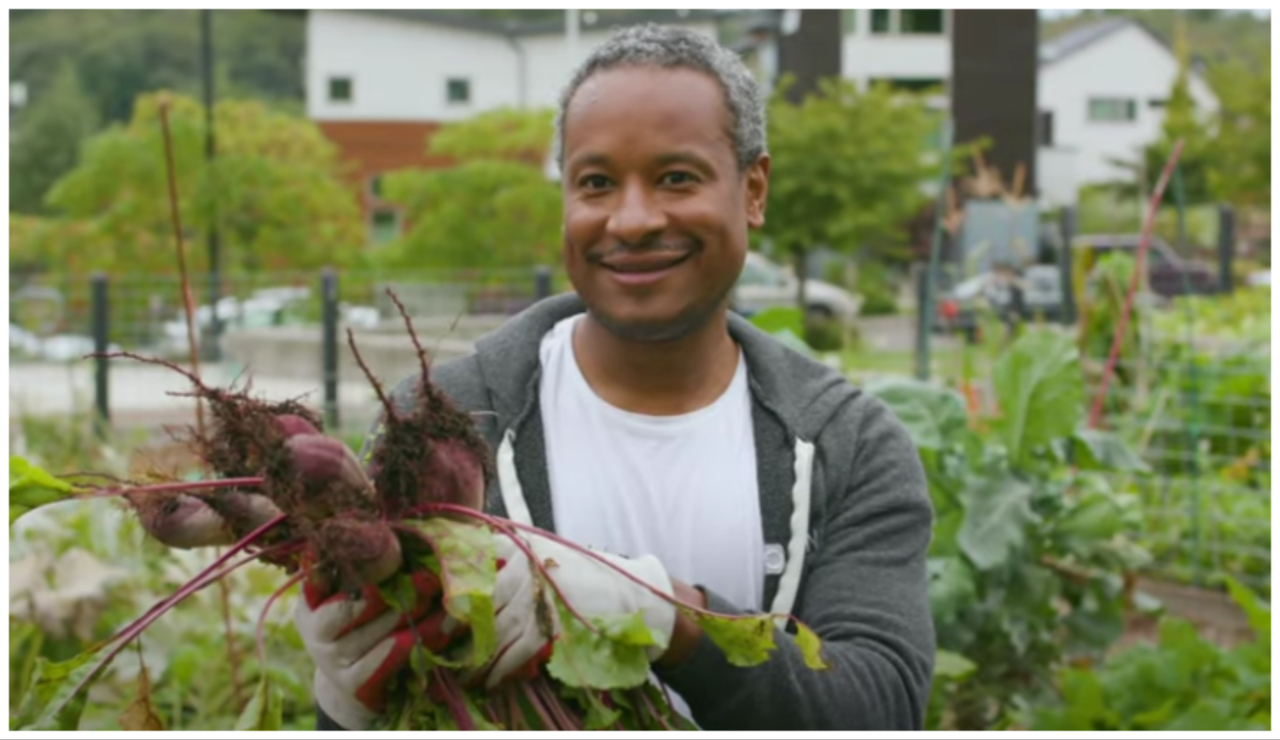We bring news that matters to your inbox, to help you stay informed and entertained.
Terms of Use and Privacy Policy Agreement
WELCOME TO THE FAMILY! Please check your email for confirmation from us.
The P-Patch program supports low-income and historically underserved residents of the community.
The City of Seattle’s P-Patch Community Gardening Program is celebrating its 50th anniversary all year long with events and enhancement projects at some of its 91 gardens throughout the city, the Seattle Times reports.
“P-Patch” is named after the Picardo family, which operated a truck farm in Wedgwood in the early 20th century, according to Seattle Department of Neighborhoods. The family allowed a neighbor to start a community garden and grow food on their property in the early 1970s to help those affected by the recession. The Picardos’ experiment was so successful that the remaining farm was eventually sold to Seattle’s city government, creating the city’s first P-Patch.
Seattle designated the Picardos’ land as the first community garden in 1973, and the new P-Patch program was named after the Italian-American family.
These days, the program, led by lifelong urban farmer Kenya Fredie, runs on an annual budget from the city’s general fund. The P-Patch Program serves more than 3,500 households throughout Seattle.
“It’s always such a joy to see people walk through and just gain a sense of peace in these very urban, dense areas,” Fredie told the Seattle Times.
Gardens are an exceptional resource for healthy and organic food in areas that are already designated food deserts. As reported by theGrio, food deserts are usually in low-income urban or rural areas where healthy food options are limited. These communities have easier access to cheap fast food and liquor stores than fresh produce.
The P-Patch program supports low-income and historically underserved residents of the community by growing food for them. According to the Seatle Times, thousands of Seattle-area residents have for decades grown fresh vegetables in these public gardening spaces, passing their tips and cultural knowledge to the next generation of gardeners.
According to the Seattle Department of Neighborhoods, since 1973, the P-Patch community gardeners have not only fed the hungry but developed “self-reliance and improving nutrition through education and hands-on experience” and improved “access to local, organic, and culturally appropriate food.”
In 2022, over 44,000 pounds of produce were donated to food insecurity organizations by P-Patch and its partners.
“It’s interesting to have a communal space where you can go and meet people you probably would never ever interact with and be around normally,” said Isaac Obezo, who gardens at Horiuchi Park in the First Hill neighborhood.
“One of the things that really drives my appreciation for the P-Patch program is how much space they provide for people,” he said.
According to the Seattle Development of Neighborhoods, “Seattle’s P-Patch Community Garden Program is the largest municipally managed community gardening program west of New York,” the organization tweeted.
Find the list of all 91 gardens here.
TheGrio is FREE on your TV via Apple TV, Amazon Fire, Roku and Android TV. Also, please download theGrio mobile apps today!

